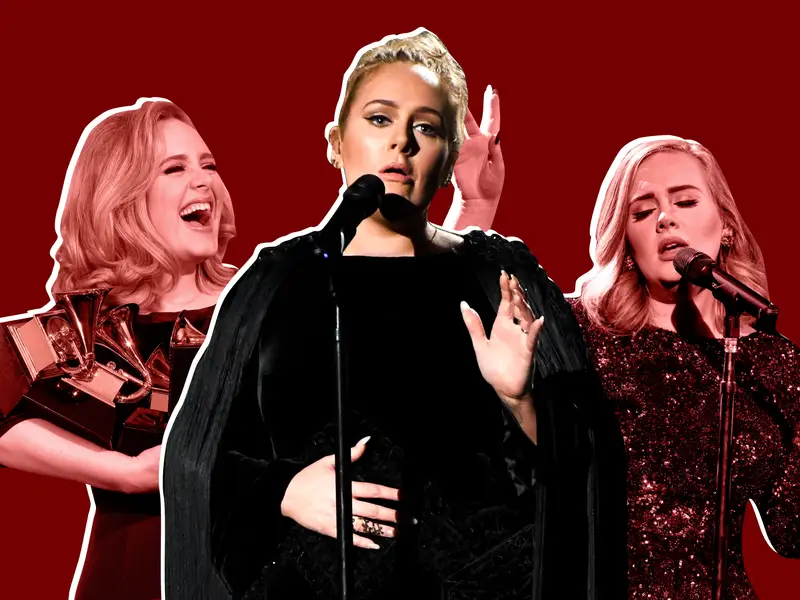Music Artists and Their Influence on Society


El Valle Grita – Music artists and their influence on society reach far beyond entertainment. They shape identity, culture, values, and even political movements. Whether through lyrics, image, or activism, artists send messages that millions receive daily. Generations grow up listening to the same voices. Some fans view artists as role models. Others use their music as emotional guidance. That level of influence becomes deeply personal and socially impactful. The connection between music and society continues to evolve with every trend.
Cultural trends shaped by musical identity
Musicians often set the tone for new fashion, slang, and social behavior. For example, punk artists influenced rebellious streetwear and attitudes in the 1970s. Hip-hop introduced not just beats, but a lifestyle of expression. K-pop now drives global trends in beauty and digital fan culture. Audiences mimic their favorite stars, from clothing choices to hashtags. This imitation spreads quickly through social media. Artists become style icons. Their every move can ripple into mainstream society.
Political messages delivered through lyrics and performances
Many artists use their platform to speak on global issues. Their songs become anthems for change. From Bob Dylan to Kendrick Lamar, music has fueled protest and awareness. Lyrics addressing racism, poverty, and inequality spark conversation. Concerts sometimes include onstage speeches or visuals supporting a cause. As a result, fans absorb political ideas emotionally. The impact becomes even stronger during times of crisis. Music turns into a megaphone for the unheard.
Emotional influence that shapes mental health conversations
Certain artists connect deeply by being vulnerable in their lyrics. They sing about depression, anxiety, or personal trauma. That honesty encourages fans to face their own emotions. Mental health once felt taboo — now it’s mainstream in music culture. As fans share how songs helped them cope, a support network forms. These emotional bonds inspire new conversations among peers. Music therapy even uses such songs in treatment. Emotional safety grows with each verse.
“Read About: NewJeans Goes Global with Electrifying Mini Album Supernatural”
Global collaboration that bridges culture and language
Music breaks language barriers through rhythm and emotion. Collaborations between artists from different countries prove that unity sells. Latin-pop crossovers, Afrobeat integrations, and bilingual rap verses bring new audiences together. These partnerships create cultural fusion. Fans get exposed to new instruments, stories, and slang. Music spreads respect for difference. In turn, global playlists reflect diversity. The more artists collaborate across borders, the more music becomes a language of connection.
Youth empowerment and identity formation through music
Teenagers often use music to explore identity. Songs validate feelings they can’t explain. Music videos and artist interviews introduce ideas on gender, freedom, and self-worth. Young listeners attach their personalities to specific genres. They join fandoms that act like safe communities. Through those spaces, teens learn values, confidence, and self-expression. For many, music is not just background noise — it’s the soundtrack of growing up. Artists become voices of entire generations.